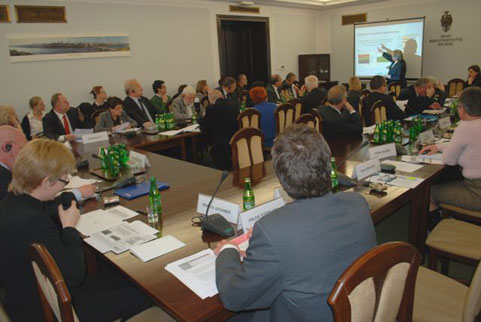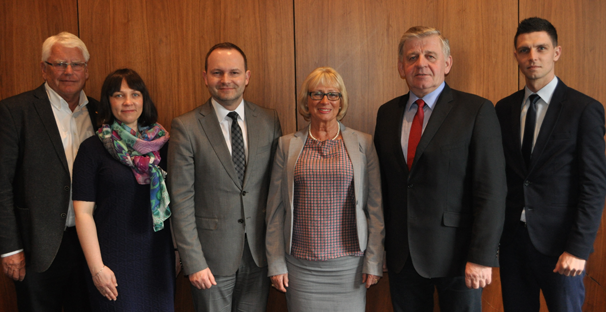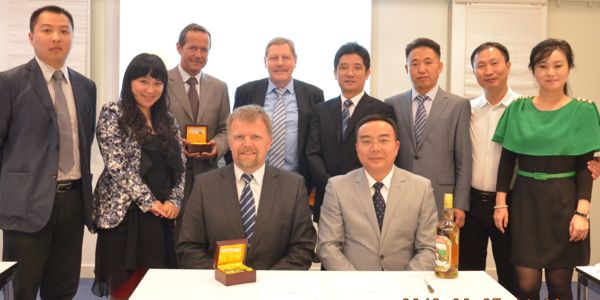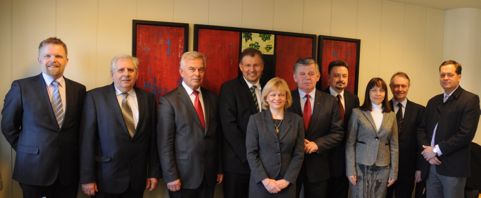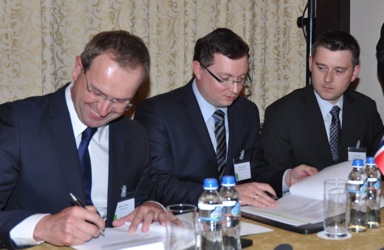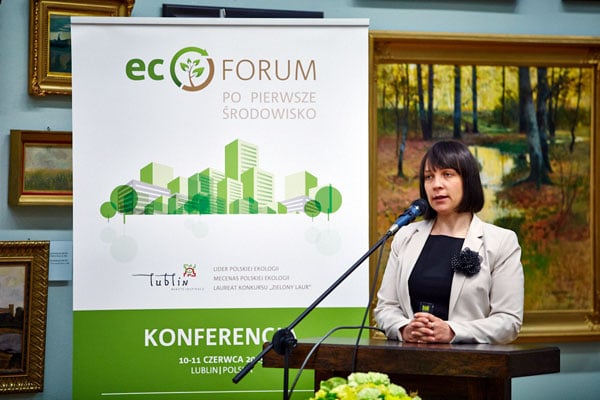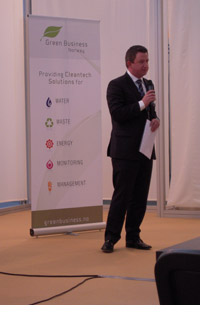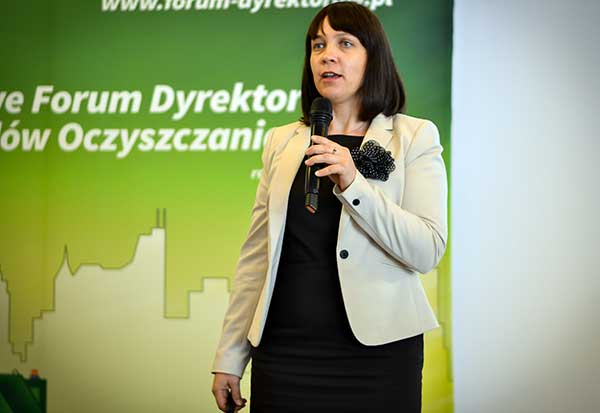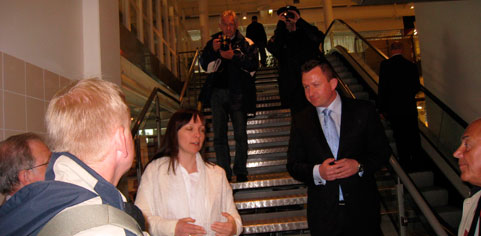a
![]()
Aquateam has always operated with green technology as the common denominator. This is true whether we are providing support for technological development or independent testing and documentation of greentech products on behalf of technology suppliers said Mr Paulsrud.
Aquateam has also acted as a consultant to the public and private sectors on investment in various kinds of environmental technology relating to wastewater treatment, sludge and organic waste treatment, soil and sediment remediation, drinking water treatment, and the treatment of produced water and injection water on oil platforms.
Increased focus on sludge treatment
Advising on the construction and operation of biogas production facilities utilizing sludge from sewage treatment plants has been a focus area since the early 1990s. In recent years, however, there has been significantly increased interest in processing various kinds of organic waste in biogas plants: source separated organic household waste, commercial food waste, food industry waste, agricultural waste and manure. This is a trend we are also seeing at international level as a result of agreements on greenhouse gas emissions and EU directives (including the waste disposal directive and biofuel quotas in the transport sector). The European Commission has said that producing bioenergy from sludge and organic waste is the most sustainable bioenergy solution.
A number of European countries (including Sweden, Britain and Germany) offer significant government incentives for biogas production and use, whereas in Norway such incentives are practically non-existent. To date in Norway, the result has been the construction of biogas plants utilizing fee-bearing raw materials such as sludge and domestic food waste, while it is very difficult to establish commercially viable plants running on other organic waste. One consequence of this has been that biogas facilities originally designed and built to handle sludge or food waste now wish to make use of spare capacity, or even increase capacity, in order to accept other types of organic waste, thereby increasing biogas output and reducing production costs. Combined solutions of this kind bring challenges of both a technical and a regulatory nature.
The biggest technical and operational challenge involved in processing food and other organic waste in a biogas plant is pre-treating the waste so that the plant can operate without major problems. At the pre-treatment stage, the waste has to be ground down to pumpable size. Metals, larger non-biodegradable components and all plastic must be removed from the waste.
There are great market opportunities here for companies that can ultimately deliver complete pre-treatment solutions and document satisfactory operational performance by full-scale biogas plants using food waste continued Bjarne Paulsrud.
When processing sludge and organic waste in biogas facilities, plant owners must comply with both the regulations on fertilizer products and those on animal by-products not intended for human consumption. Extensive knowledge of the rules and regulations is needed to build and operate a biogas plant in accordance with the statutory and regulatory requirements. This is another area in which Aquateam acts as a consultant for its clients, in addition to the technical and operational sides.
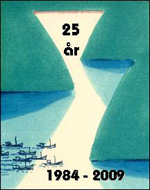 About Aquateam
About Aquateam
Aquateam is an independent consulting and R&D company set up in 1984 by members of the environmental technology group at the Norwegian Institute for Water Research (NIVA). The company acts as a link connecting universities, colleges and research institutions to government and business. Its activities comprise consulting and applied research on current environmental issues involving water (process water, drinking water, municipal wastewater, industrial and commercial wastewater), sludge, organic waste, soil and sediment.
The company has strong expertise in process technology, chemistry, microbiology and biology. The services offered include laboratory studies, pilot studies, full-scale product and process testing, and assistance with commissioning plants and solving operational problems at various kinds of treatment facilities. Aquateam specializes in finding solutions to complex, interdisciplinary environmental problems. The company possesses specialist expertise in a range of chemical substances. As a result of major environmental risk-assessment and treatment projects, Aquateam has accumulated considerable expertise in dealing with substance groups such as glycol compounds, acrylates and acrylic acid, and phthalates.
One of Aquateam’s main tasks is to help industry and business by providing the expertise needed to devise effective solutions to current environmental problems. The company has an extensive international network of important contacts in its market sectors.
Our work on environmental risk assessments is carried out in close cooperation with the Norwegian Pollution Control Authority (SFT) and other stakeholders. In sometimes difficult cases, we’ve managed to find acceptable solutions by conducting risk assessments – said Bjarne Paulsrud in conclusion.






















